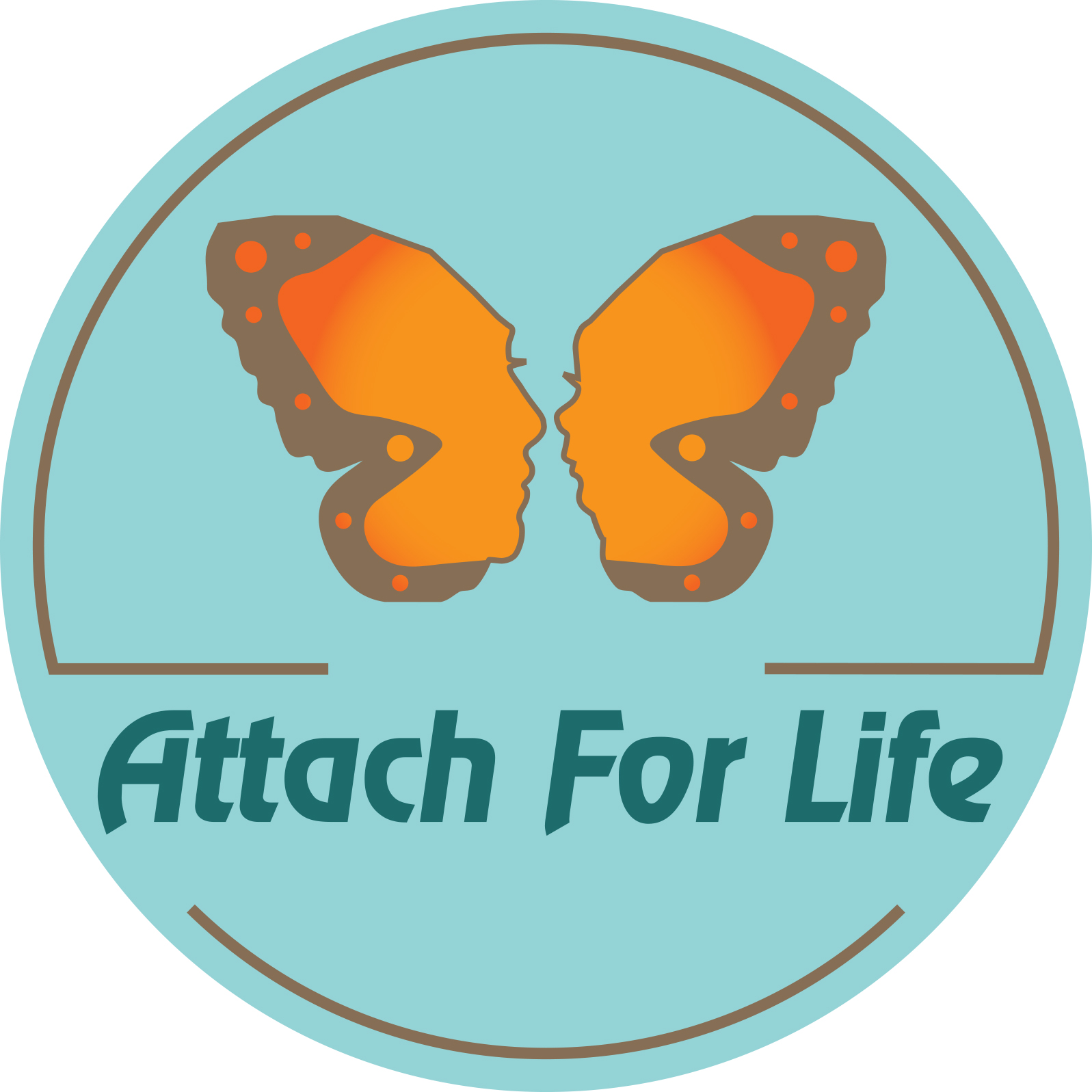Intro:
Today I am going to talk about learning to divide what belongs to who. Then everyone can be responsible for themselves. This helps bring the stress level down in the middle of conflicts.
Parents – What Belongs to You?
Repeatedly I have said to adoptive parents that they need to separate what belongs to them and what belongs to their children. In the daily chaos of adoption RAD issues, it is easy to listen to the constant blaming coming from your adopted or RAD child and take it in as truth, guilt or shame.
They seem to have the ability to pour on the guilt and shame with no conscience of it being a truth or a lie. It’s simply just what is coming off the tip of their tongues at the time. This comes from three of the symptoms of RAD which are:
1) They have no conscience
2) Obvious lying
3) Narcissism (being self-absorbed)
Even if the above RAD symptoms are true, we as parents do need to own up to our own issues. The sooner the better. Then when our adopted children pile on the blame, we can separate what is ours and what is simply all their symptoms in action.
In 1 John 1:9 it says, “If we confess our sins, he is faithful and just and will forgive us our sins and purify us from all unrighteousness.” This means we confess and repent. Then we give Jesus His due justice for what He did on the cross to cleanse it all away. We can rejoice because we are clean and the issue is over. We don’t have to carry it into the daily chaos of adoptive life and it can’t be added to what our children are saying to impart guilt and shame.
With the line of delineation securely in place we can see clearly to address the barrage coming against us and know the presenting issue fully lies on our adopted children when we address it. Dividing what is ours and what is theirs helps clear some of the chaos to focus on the issues at hand.
What Belongs to Them?
Here is a list:
- All of the symptoms on the RAD symptom list (posted on my web site)
- Anything the birth parents negatively caused by giving them up for adoption
- Their inability to bond to you
- When they keep you at arm’s length
- Sabotaging your attempts to bond to them
- Twisting things around to make it yours or someone else’s fault when it’s clearly theirs. (Narcissism)
- Attempts at getting you and your spouse divorced
- When they question if your motives are right towards them.
- Their drama issues which are projected onto you as your fault
10)When everything is the adoptive mother’s fault
Conclusion:
I can say this worked for me and brought such clarity to my parenting. Deleting our adopted children’s option of guilting and shaming helped me make choices for their sakes only. This promotes good parenting.
